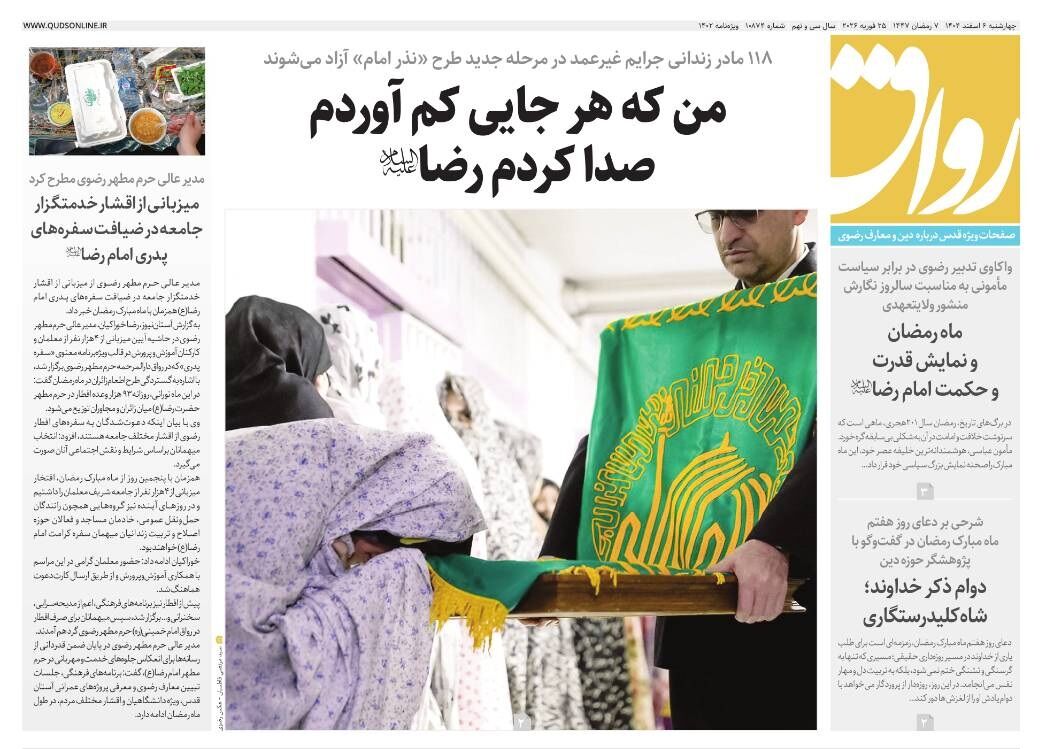UK government prepares to defend ban on Palestine Action in judicial review
UK government prepares to defend ban on Palestine Action in judicial review

Four months ago, few people imagined they could be accused of being a terrorist for simply holding a cardboard sign.
Yet, since the UK government proscribed Palestine Action, police have carried out early-morning house raids, seized phones and laptops, and imposed bail conditions on people with no criminal record.
Teachers, pensioners, students, clergy members and community activists have found themselves detained and charged under sections 12 and 13 of the Terrorism Act - often for holding a sign that read: "I oppose genocide, I support Palestine Action".
According to campaign group Defend Our Juries (DOJ), which have been coordinating protests against the ban on Palestine Action, these arrests have now gone beyond the 2,000 mark.
Official government figures also show that four times as many people have been arrested under section 13 of the Terrorism Act since the ban than during the entire "war on terror" period beginning in 2001.
Police forces have taken markedly different approaches across the UK. While officers in Scotland and Northern Ireland have made few arrests, police in England and Wales have actively enforced the ban, leading to repeated detentions.
The differing approaches reflect what DOJ has described as the "chaotic" nature of the ban on Palestine Action.
Under Britain's terror laws, supporting a banned group can lead to up to 14 years in prison - even when that “support” takes the form of symbolic expression.
First-of-its-kind judicial review
But despite condemnation by rights groups and UN officials, the UK government has held firm, and will now appear before the High Court on Wednesday to defend its decision.
In a first-of-its-kind judicial review - a process usually unavailable to groups challenging proscription decisions - the court will, over three days, examine whether former Home Secretary Yvette Cooper acted lawfully when she authorised the ban on Palestine Action.
Lawyers representing the co-founder of Palestine Action, Huda Ammori, will argue that the proscription was unlawful on four grounds.
The first is that the ban amounted to a disproportionate interference with fundamental rights to freedom of expression and protest. The second is that the government failed to conduct the required consultation.
The final two arguments contend that the Home Office failed to consider the level of public support for Palestine Action and failed to follow its own internal policies when reaching the decision.
Palestine Action was banned shortly after members of the group broke into RAF Brize Norton and allegedly inflicted millions of pounds' worth of damage on a military plane - a claim the British government has not been able to confirm, according to Freedom of Information disclosures.
The direct action group said it broke into the airbase to oppose the British government's involvement in spy flights from Cyprus over Gaza.
'Authoritarian overreach'
"The ban was never in the public interest," a spokesperson for DOJ told Middle East Eye.
"It was an act of authoritarian overreach whose only purpose was to protect Israel, the arms companies supplying its genocide, who have been so shamefully complicit in that genocide."
Before the ban, the group gained a reputation for targeting factories used by Elbit Systems - an Israeli arms manufacturer that supplies weapons to the Israeli army.
Documents disclosed in court proceedings show that Britain's security services had advised ministers that Palestine Action is "highly unlikely" to advocate for violence.
The Joint Terrorism Analysis Centre (JTAC), based within MI5, also concluded that the "majority of direct action by Palestine Action would not be classified as terrorism... but does involve criminality."
Far-reaching consquences
Last month, the Home Office also lost its attempt to block Palestine Action from pursuing a judicial review, after claiming that parliament had intended the Proscribed Organisations Appeal Commission (POAC) to assess such matters.
But the Court of Appeal rejected that position, finding that judicial review was the faster and more appropriate route for determining whether the proscription was lawful - a decision with potentially far-reaching consequences.
For campaigners, lawyers and the hundreds of people now facing criminal sanctions, the outcome of this review will shape not only the future of Palestine Action, but the future of political dissent in Britain.
Cage International has been working with the victims of the so-called war on terror since 2001.
Anas Mustapha, a spokesperson for the group, said the UK has "steadily expanded its authoritarian counter-terrorism powers to suppress dissent and insulate itself from public accountability".
"The proscription of Palestine Action went beyond the bounds of what the public would tolerate. It backfired precisely because the greater community consciousness has shifted," said Mustapha.
"People could see what is happening in Gaza, and they recognise those acting to stop British participation in such acts.
"As judges now sit to hear the judicial review, we hope they will recognise that the only rational and moral outcome is to deproscribe Palestine Action.
"If that does in fact happen, it will not be to the credit of the courts, but to the momentum of ordinary people who refused to accept the criminalisation of conscience in action."













